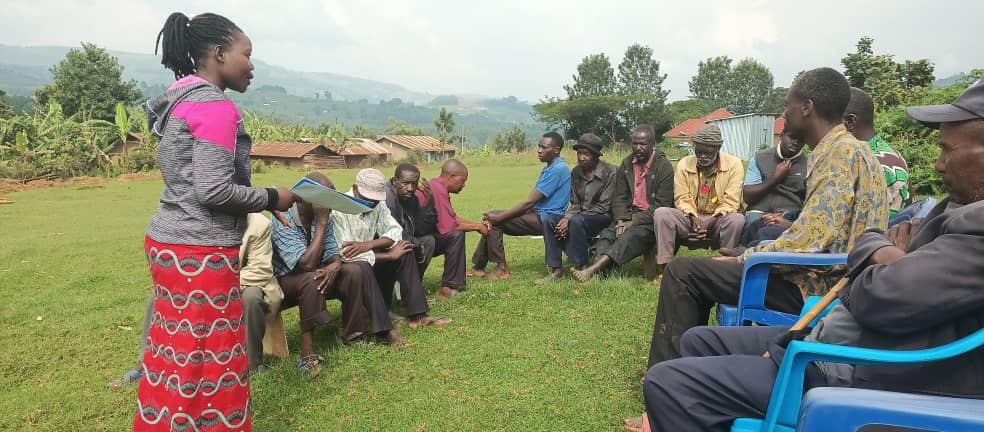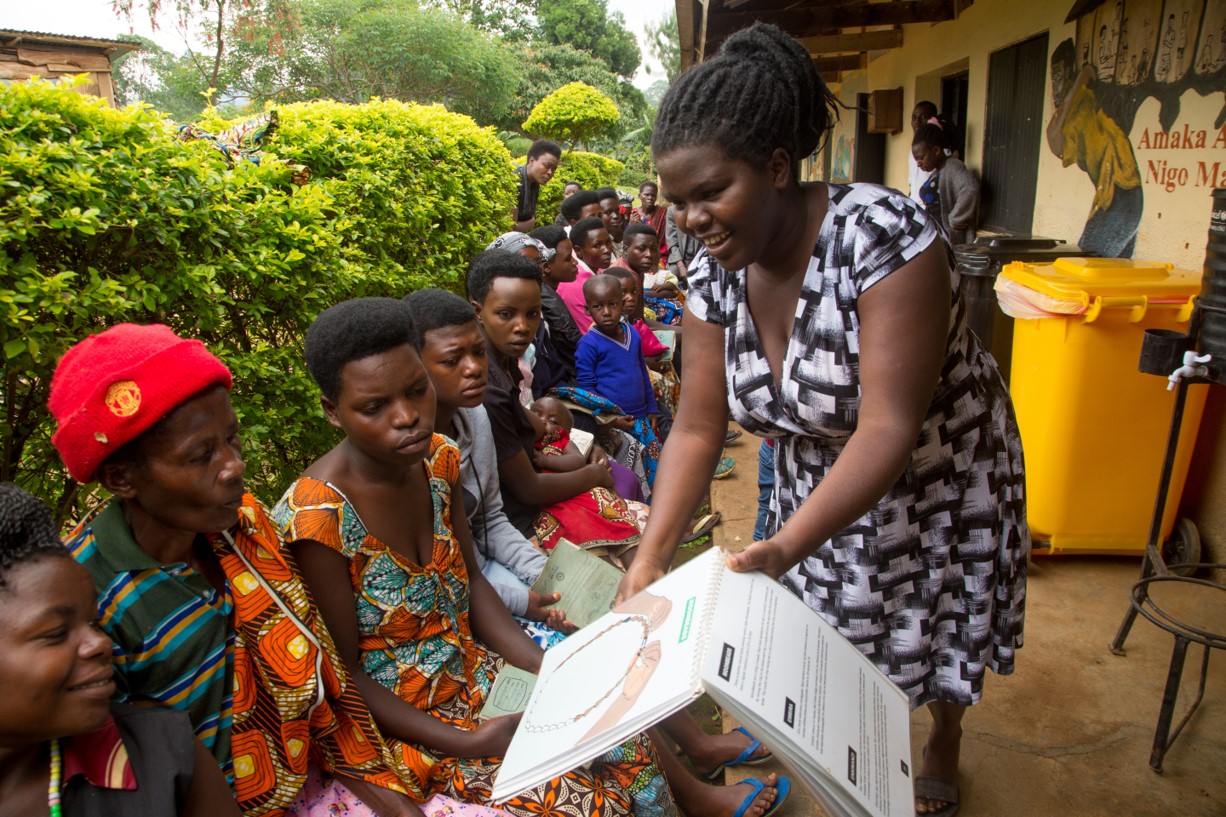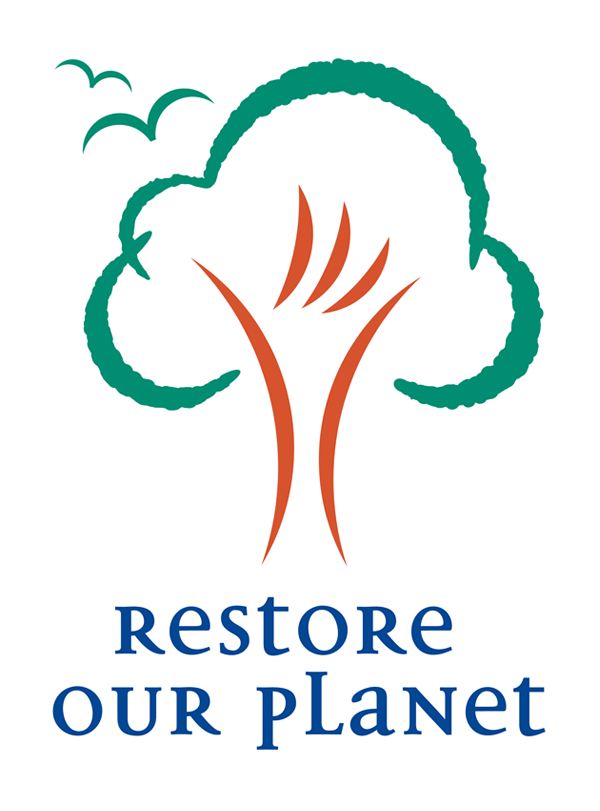Across the globe 218 million women and girls in low and middle-income countries have an unmet need for family planning. These are women of reproductive age, either married or in a union who want to stop or delay childbearing but are not using any method of contraception (United Nations. 2014).
No country has transitioned into a higher income bracket without investment in women’s education and making modern family planning methods available. Female-centred policy approaches offer more choices for potential mothers who can then delay or space childbirth to advance their education, work more hours and have more free time.
There is a crossover between parts of the world in need of quality health service provision, including rights-based, voluntary family planning programmes and experiencing environmental challenges.
Founded in 1968 by its British namesake family planning pioneer, the Margaret Pyke Trust has been implementing innovative programmes that incorporate conservation needs alongside reproductive education in southwestern Uganda.
“A traditional conservation project would lead to only conservation outcomes, what’s different about this is the added value of integration, those health messages and conservation messages are delivered in an integrated manner.” Says Advocacy and Projects Manager Carina Hirsch based in London.
The DEFRA-funded project oversees wetlands conservation of the Ugandan national bird, the great crowned crane while improving health services provision and education. Traditional gender roles remain deeply embedded within the Sub-Saharan nation’s society, however, the Trust’s approach has found success.
“Men would only attend community training on a subject felt traditionally relevant to him such as alternative and sustainable livelihoods.” Says Midwife and Uganda Country Lead Sarah Uwimbabazi. “Women might be forbidden from attending such events. But when delivered in an integrated manner you are receiving all of that information.”
Cohorts of the population previously unreachable are now receiving the information they would not have through single-sector programmes.
“This approach leads to greater gender outcomes, greater health outcomes, greater livelihood outcomes, greater environmental outcomes.” Says Hirsch, adding that the Trust works at the programmatic level and as a national and global advocate.
In 2022 the Trust hosted the Integrated Crane Festival.
“This festival was an exciting event and when they arrived there was a mobile health clinic set up and many accessed the services.” Says Uwimbabazi. “They came for the festival and found the clinic set up too. Most outreaches are integrated. People from the environment sector, people from the health sector and then all [the community] are there.”
Having seen community improvements, locals are keen to access wider resources and the Trust acts as a vehicle for a host of other services such as preventative care, vaccines, dental care and eye clinics. Individuals of both sexes often come with a single issue and leave having had full body checkups – something that otherwise would prove expensive in terms of cost and work hours missed.
Women and girls who are able to access services and therefore exercise reproductive choice, have more time to work in the fields and so can help generate more profits. Most children now go to school because their parents can afford it.
Prior to engaging with the programmes, communities held many misconceptions about modern methods of contraception often encouraged by conservative elders or religious leaders. Beliefs such as that implants can move through the bloodstream to the heart or brain and cause death. Interruptions of hormonal patterns can cause haemorrhaging/bleeding to death. Condoms cause cancer. Increases in partner infidelity.
Locals are trained in climate-smart agricultural techniques such as the use of the calliandra plant which works as a carbon sink and prevents soil erosion. They are taught how to manage wetlands alongside the great crowned crane which can breed and thrive in its natural habitat.
They also undertake habitat restoration to protect soil and water sources for both communities and native wildlife. Breaking the cycle of poverty following the introduction of maternal and newborn health services and information and fewer unintended pregnancies, locals have more time to invest in conservation and so act as stewards equipped with the knowledge and tools with the resilience to build independence and resilience to Climate Change.
Before men would not attend family planning initiatives viewing them as a women-only issue. Now the Margaret Pyke Trust oversees workshops integrating family planning, conservation, farming and land use, community sanitation, communicable/incommunicable disease prevention and more to both sexes.
“The Intergovernmental Panel on Climate Change, the scientific body that advises the UN Framework Convention on Climate Change highlighted family planning as a climate adaption and resilience building strategy.” Says Hirsch adding that Uganda is ahead of the curve in the region.
In the coming years, she would like to see similar programmes integrating reproductive health rolled out across other East African nations learning from the programmatic and broader national experience of Uganda.
“Family Planning is not the be-all and end-all for development, but it is a crucial element that contributes to the acceleration of many development objectives, including climate resilience. Decades of research have shown that for every dollar spent on family planning, six or seven dollars are saved on other development interventions.”
Uwimbabazi was asked what she would like to see for the communities she works with. “People could continue to get rid of poverty, communities with enough food, two meals a day not one, able to sell their own food, not just buy. More children in schools. Fewer teenage pregnancies, teen marriages. More trained health workers.”


